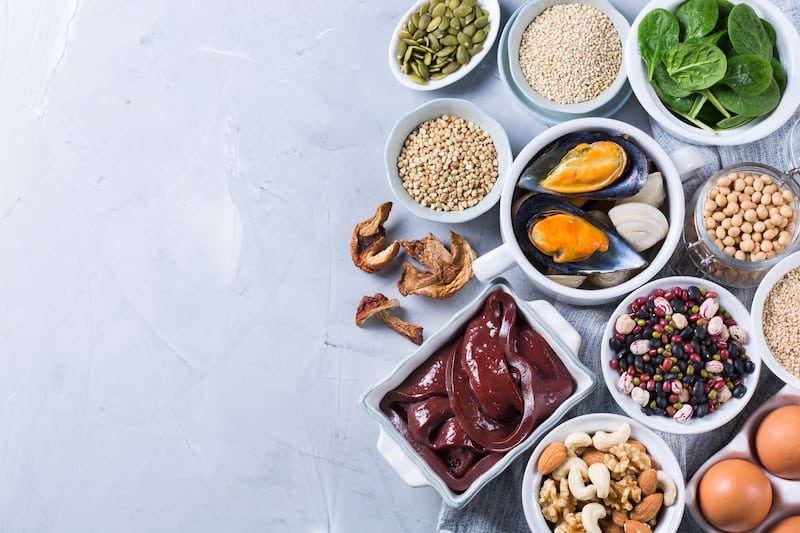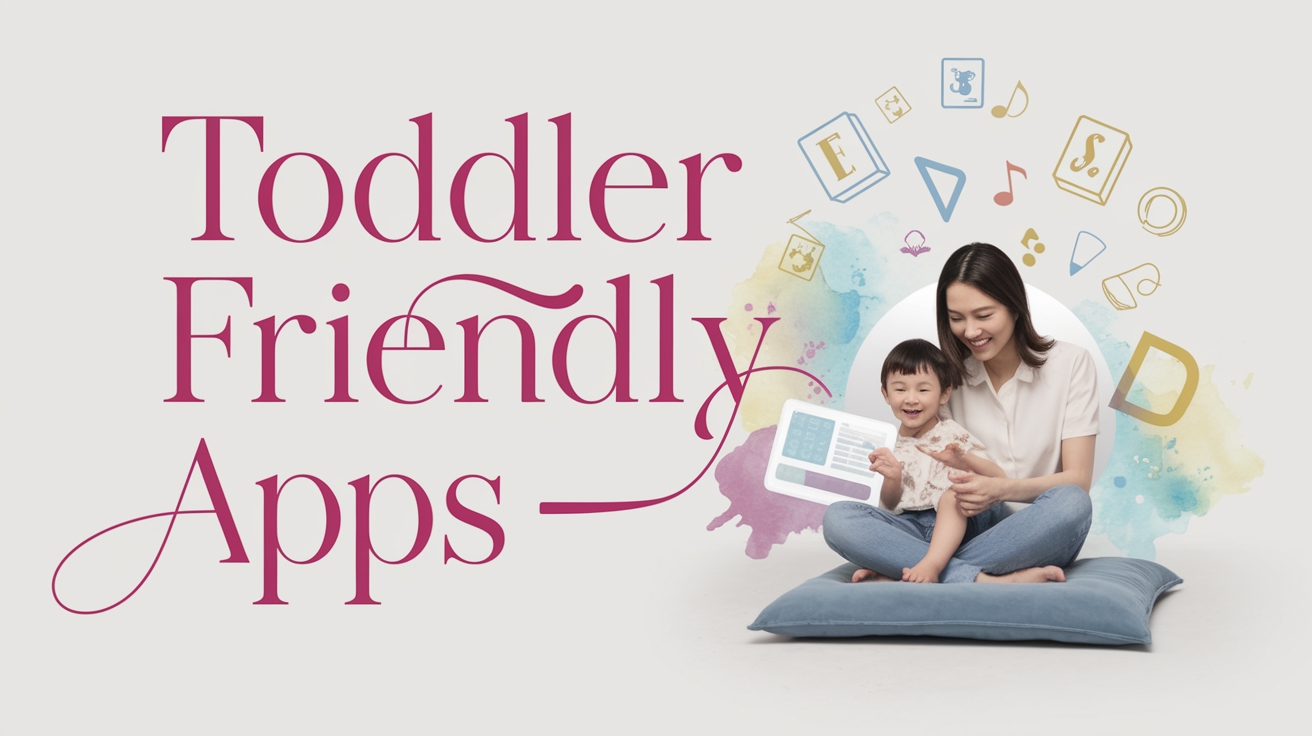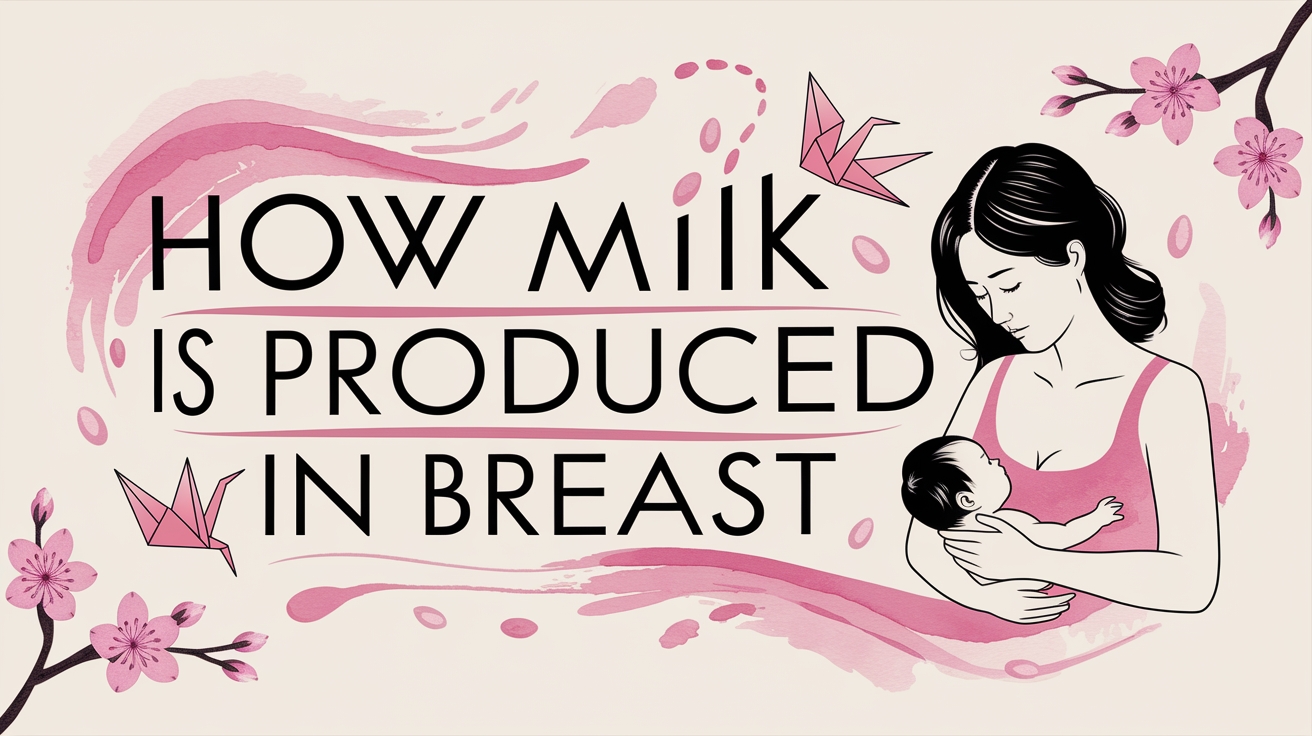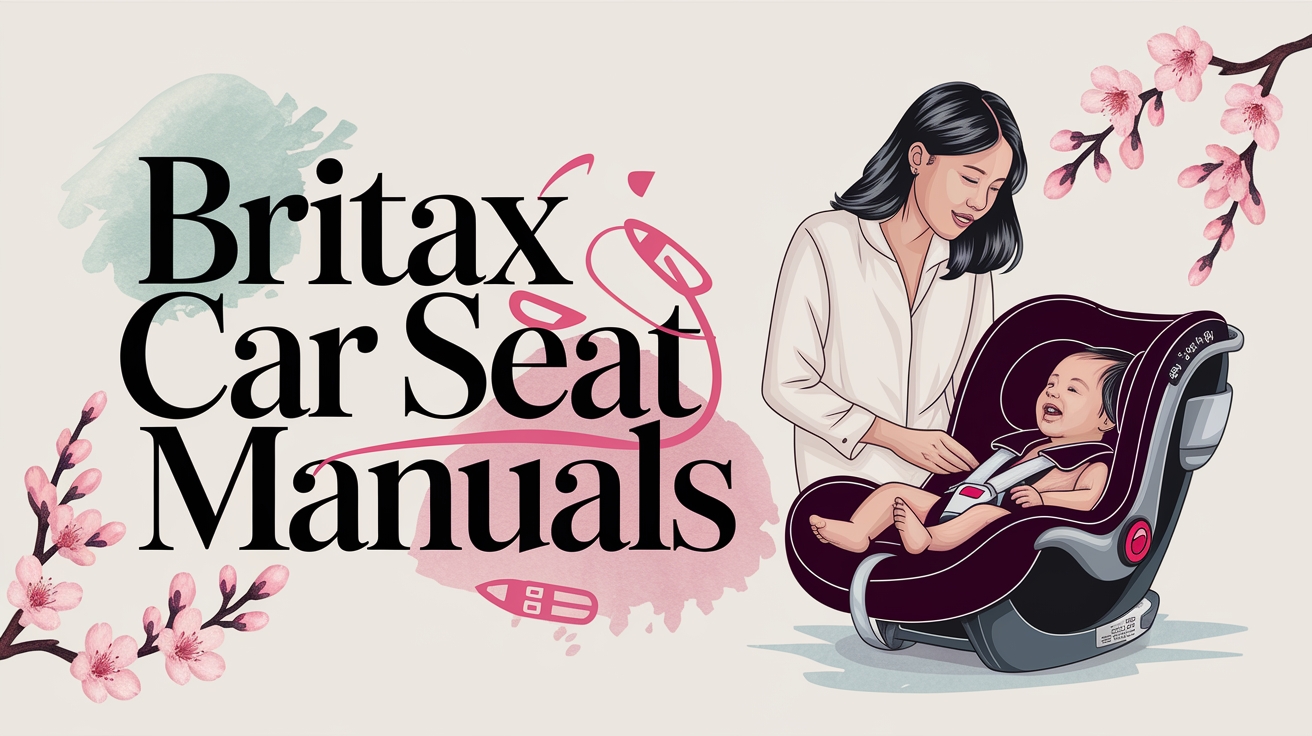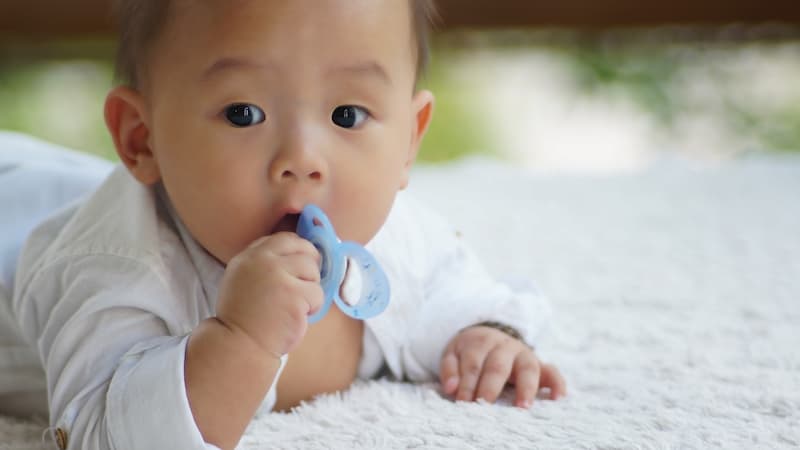Congratulations on your pregnancy! As you embark on this exciting journey, it’s essential to prioritise your health and the health of your growing baby. One crucial aspect of prenatal health is ensuring enough iron needs during pregnancy, as iron deficiency anaemia can lead to severe complications for you and your baby.

Fortunately, you can take steps to maximise your iron absorption during pregnancy. In this article, we’ll explore the role of iron in pregnancy, the risks of iron deficiency, and how to monitor your iron levels. We’ll also discuss foods high in iron, the importance of vitamin C for absorption, and the benefits of plant-based iron sources.
Plus, we’ll delve into the role of probiotics in iron absorption and which foods to avoid that can inhibit absorption. Finally, we’ll touch on iron supplements for pregnant women. By the end of this article, you’ll understand how to maximise your iron intake during pregnancy, ensuring a healthy pregnancy and a healthy baby.
Let’s dive in!
What Are The Iron Needs During Pregnancy?
Iron needs during pregnancy ensure that red blood cells, which carry oxygen from the lungs to other body parts, are produced normally. The American College of Obstetricians and Gynecologists (ACOG) recommend that pregnant women get 27 mg of iron daily. This is double the amount that non-pregnant women need.
Iron deficiency during pregnancy can cause anaemia, a reduction in red blood cells, leading to fatigue, dizziness and other symptoms. Luckily, there are several ways to increase your iron supplementation and ensure you meet your needs during this special time.
Understanding Iron’s Role in Pregnancy
Let’s dive deeper into the importance of iron during pregnancy and how understanding its role can help maximise absorption and prevent anaemia, a risk for both mother and baby. Iron is essential for forming haemoglobin, which carries oxygen in the blood.
During pregnancy, the body requires more iron to accommodate the increased blood volume and supply oxygen to the growing fetus. Iron deficiency anaemia can lead to many adverse pregnancy outcomes, including premature birth, low birth weight, and infant death. Therefore, it is crucial to maintain adequate iron levels during pregnancy.
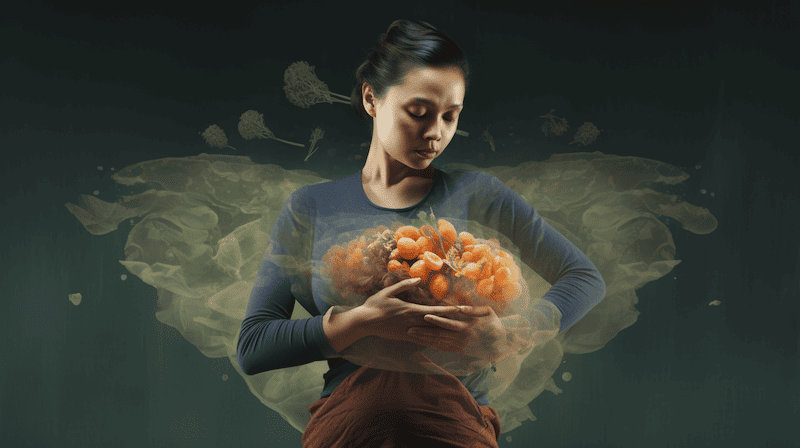
Pregnant mothers can maximise iron absorption by consuming iron-rich foods and taking iron supplements as their healthcare provider recommends. Animal sources of iron, such as red meat, poultry, and fish, are more easily absorbed than plant sources.
Pairing plant sources with vitamin C-rich foods or supplements can enhance absorption. However, excess iron intake can be harmful, so following your healthcare provider’s recommendations is essential. Understanding the role of iron in pregnancy and taking steps to maximise absorption can help prevent iron deficiency anaemia and promote positive pregnancy outcomes.
The Risks of Iron Deficiency During Pregnancy
You don’t want to put yourself or your baby at risk by ignoring the potential dangers of not getting enough iron during pregnancy. Iron is crucial for producing haemoglobin, which carries oxygen to your body’s tissues and organs. Without enough iron, you may develop iron deficiency anaemia, leading to premature birth, low birth weight, postpartum depression, and even infant death.
Pregnant women are at a higher risk of developing iron deficiency anaemia because their bodies require more iron to produce enough blood for the growing fetus. While good nutrition is essential, it may not be enough for some women to meet their iron needs during pregnancy. Iron supplements can be an effective way to ensure you are getting enough iron.
Still, talking to your healthcare provider before starting any new supplements is essential. Additionally, maximising iron absorption by pairing iron-rich foods with vitamin C and avoiding foods that inhibit iron absorption can also help prevent iron deficiency anaemia during pregnancy.

Monitoring Iron Levels During Pregnancy
Keeping tabs on your body’s oxygen levels is crucial for your baby’s health, and there are simple measures you can take to ensure that your blood is carrying the right amount of life-giving oxygen. One of the most important things you can do is monitor your iron levels throughout pregnancy.
Iron deficiency anaemia is a common problem for pregnant women, and it can have severe consequences for you and your baby. Your healthcare provider will likely monitor your iron levels through blood tests at regular prenatal check-ups. If you have anaemia or are at risk for anaemia, your provider may recommend iron supplements.
These supplements can help to increase your iron levels and reduce your risk of complications related to anaemia. Taking these supplements as your provider directs is essential, as too much iron can be harmful. By monitoring your iron levels and taking the necessary steps to maintain healthy levels, you can help ensure a healthy pregnancy for you and your baby.
Foods High in Iron for Pregnant Women
Monitoring your diet and incorporating various nutrient-rich foods can help ensure you get enough of the essential vitamins and minerals needed for a healthy pregnancy, such as lean red meat, poultry, fish, dark green leafy vegetables, and dried beans and peas. As a pregnant woman, it’s essential to focus on foods high in iron, as iron is a crucial nutrient during pregnancy. Here are four iron-rich foods to consider adding to your diet:
- Lean red meat: Beef, pork, and lamb are good heme iron sources. These proteins contain iron that’s easily absorbed by the body.
- Poultry: Chicken and turkey are also good sources of heme iron and non-heme iron.
- Fish: Oily fish such as salmon, sardines, and tuna are high in heme iron, while shellfish like clams and oysters are high in non-heme iron.
- Dark green leafy vegetables: Spinach, kale, and collard greens are all high in non-heme iron, which can be enhanced by pairing them with foods high in vitamin C.
While getting enough iron from your diet is essential, some pregnant women may require iron supplements. Talk to your healthcare provider about whether you need an iron supplement and how much you should take.
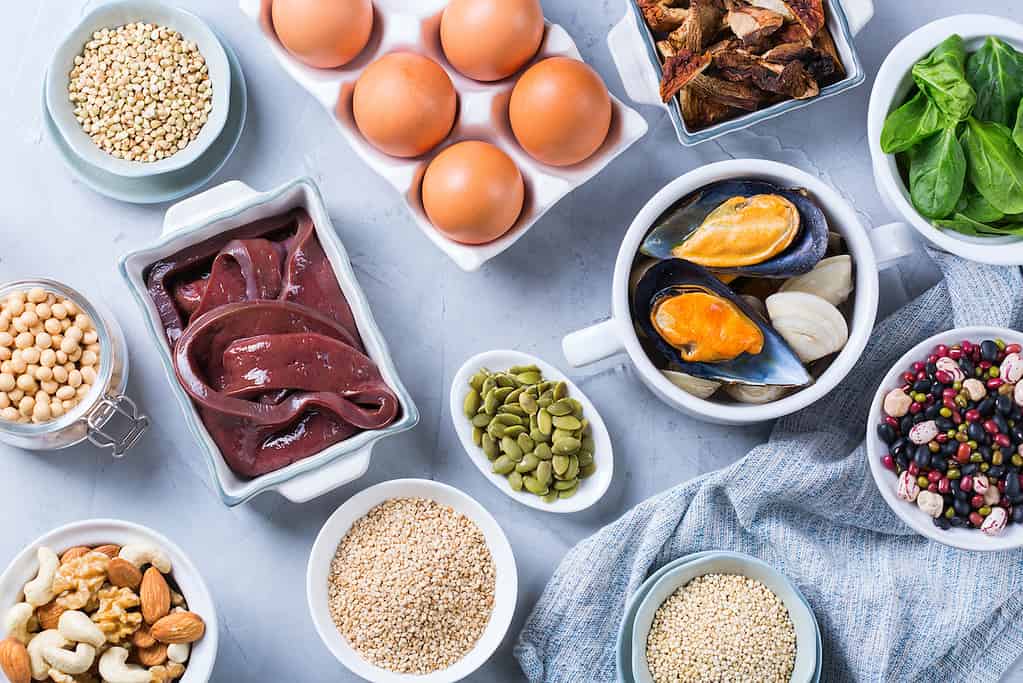
The Importance of Vitamin C for Iron Absorption
Interestingly enough, incorporating foods high in vitamin C into your meals can enhance the absorption of the essential nutrient crucial during pregnancy – iron. As you may know, iron deficiency anaemia is a risk for pregnant women, and lack of iron stores or not getting enough iron during pregnancy can lead to anaemia.
This is why it is essential to maximise iron absorption, and one way to do so is by pairing iron-rich foods with vitamin C-rich foods. Vitamin C helps the body absorb iron from plant-based foods and supplements, which can be especially important for vegetarians and vegans who may rely more heavily on these sources.
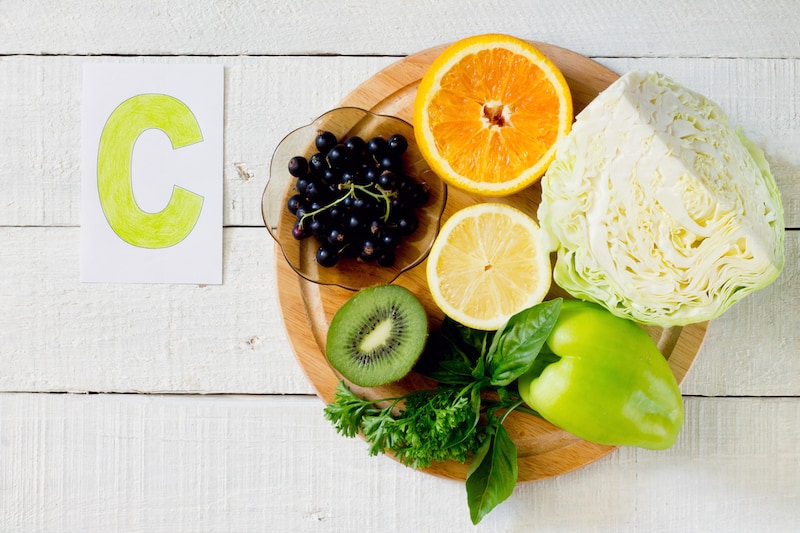
Good sources of vitamin C include citrus fruits, strawberries, kiwi, bell peppers, broccoli, and tomatoes. So, when you’re taking an iron supplement or consuming iron-rich foods like lean red meat, poultry, fish, iron-fortified breakfast cereals, dark green leafy vegetables, and dried beans and peas, be sure to pair them with some vitamin C-rich foods to maximise absorption and ensure you’re getting the most out of the iron during pregnancy.
Cooking Techniques that Maximise Iron Absorption
Now that you know the importance of vitamin C for iron absorption, let’s dive into cooking techniques that can help maximise iron absorption during pregnancy. When it comes to non-heme iron, found in plant-based foods and iron supplements, it’s important to pair them with vitamin C-rich foods to enhance absorption. But did you know that cooking techniques can also make a difference?
One cooking technique that can increase the bioavailability of iron is soaking. Soaking beans, lentils, and grains for several hours before cooking can help break down phytates, which can inhibit iron absorption.
Another technique is to cook these foods with acidic ingredients such as tomatoes, vinegar, or citrus juice, which can also help break down phytates and enhance iron absorption. Additionally, cooking in cast-iron cookware can increase the iron in your food, especially if the food is acidic or contains moisture.
Incorporating these cooking techniques and pairing non-heme iron with vitamin C-rich foods can maximise iron absorption and prevent iron deficiency anaemia during pregnancy.
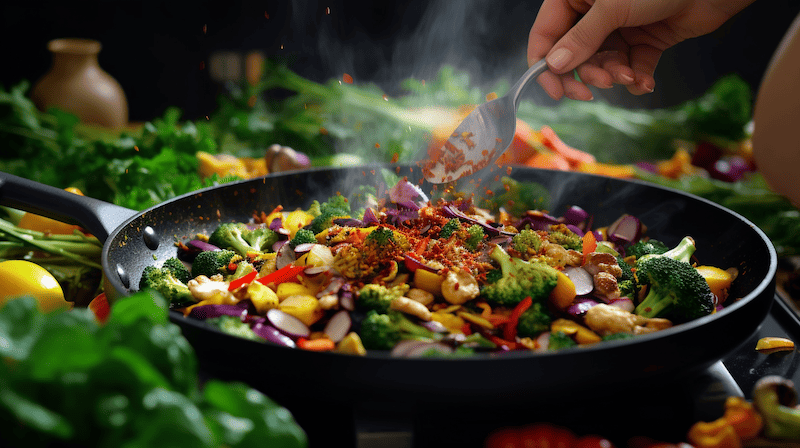
The Benefits of Plant-Based Iron Sources
To ensure you get enough nutrients for a healthy pregnancy, incorporating various plant-based iron sources into your diet can offer numerous benefits. While animal products are typically the most easily absorbed sources of iron, plant-based options can still effectively prevent iron deficiency.
Many vegetarian and vegan women have maintained healthy iron levels during pregnancy through a well-planned diet that includes a variety of iron-rich plant foods.
Some excellent dietary sources of plant-based iron include dark green leafy vegetables like spinach and kale, beans and legumes such as lentils and chickpeas, nuts and seeds like pumpkin and cashews, and fortified cereals and breads.
Pairing these sources with vitamin C-rich foods, such as citrus fruits and bell peppers, is essential to enhance absorption. While iron supplementation may be necessary for some women, incorporating these plant-based foods into your diet can be a delicious and effective way to prevent iron deficiency during pregnancy.
The Role of Probiotics in Iron Absorption
Incorporating probiotics into your diet can play a crucial role in ensuring optimal nutrient absorption for a healthy pregnancy. Probiotics are live bacteria and yeasts that benefit your gut health and can help increase iron absorption from your food. When your gut is healthy, it can better absorb and utilise nutrients, including iron, essential for fetal development and healthy pregnancy.
Research has shown that probiotics can improve iron absorption from plant-based sources, which can be especially important for vegetarians and vegans who may struggle to meet their iron needs during pregnancy.
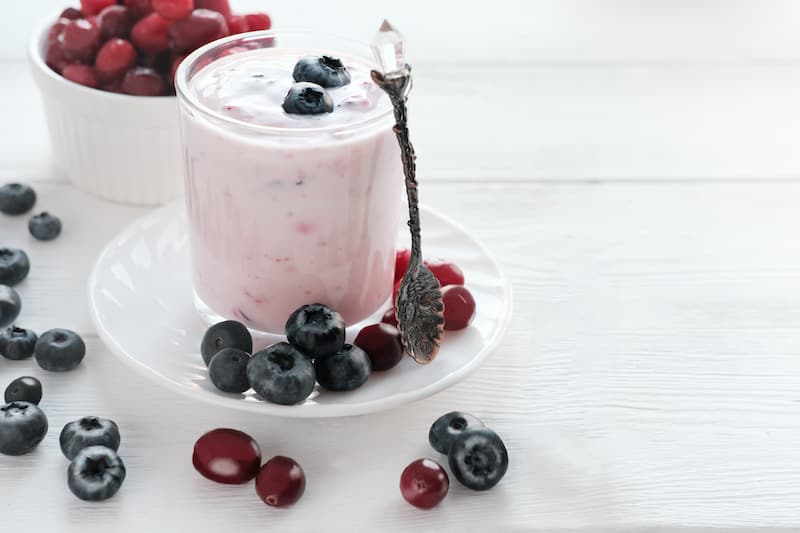
Probiotics work by increasing the population of beneficial bacteria in your gut, which in turn helps to improve digestion and absorption of nutrients. By incorporating probiotics into your diet, you can maximise your iron absorption and ensure your body gets the nutrients it needs for a healthy pregnancy.
Foods That Can Inhibit Iron Absorption
Eating certain foods can hinder your body’s ability to use the iron it needs to support a healthy pregnancy, like sipping on a cup of coffee with your morning meal. To maximise the absorption of dietary iron during pregnancy, it’s essential to be mindful of the foods that can inhibit iron absorption. Here are some examples:
- Calcium-rich foods: While calcium is important for bone health, consuming high amounts of calcium-rich foods like milk, cheese, and yoghurt at the same time as iron-rich foods can hinder iron absorption.
- Tea and coffee: The tannins in tea and coffee can bind to iron, making it more difficult for the body to absorb. Consuming these beverages at least two hours before or after meals is recommended.
- High-fibre foods: While fibre is essential for digestion, consuming high-fibre foods like whole grains and beans simultaneously as iron-rich foods can hinder absorption.
- Soy products: Inhibit iron absorption, so it’s best to consume soy products at a different time than iron-rich foods.
- Certain spices: Some spices, like turmeric and cinnamon, can also inhibit iron absorption. While these spices are not harmful in moderation, it’s essential to be mindful of their potential impact on iron absorption.
By being mindful of these foods and adjusting your diet accordingly, you can help maximise the absorption of dietary iron during pregnancy and support a healthy pregnancy for both you and your baby.
Iron Supplements for Pregnant Women
You can quickly boost your iron levels with a supplement your doctor recommends. Iron supplements are a common way to treat and prevent iron deficiency anaemia during pregnancy. These supplements are available in different forms, such as tablets, capsules, and liquids. You can purchase these over the counter or prescribed by your healthcare provider.
When choosing an iron supplement, it’s essential to consider the type and amount of iron it contains. Look for a supplement that contains ferrous iron, which is the iron most easily absorbed by the body. As the American College of Obstetricians and Gynaecologists recommends, you should also aim for a supplement that provides at least 27 milligrams of iron per day.
Remember to take your supplement with a source of vitamin C, such as citrus juice or a supplement, to maximise absorption. Your doctor can help you choose the right supplement and dosage to ensure a healthy pregnancy.
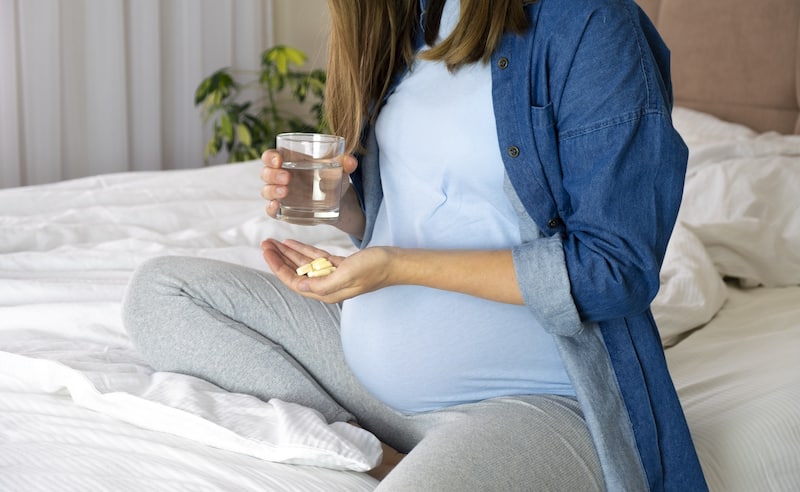
Frequently Asked Questions
Knowing how iron benefits you during your pregenancy and how to take advantage of it is a crucial step towards having a stress-free pregnancy. To make things easier, here are a few frequently asked questions about iron intake and absorption during pregnancy.
Can anaemia during pregnancy be caused by factors other than iron deficiency?
Anaemia during pregnancy occurs due to other factors aside from iron deficiency. Certain medical conditions, such as sickle cell anaemia, can also lead to anaemia. Additionally, certain medications or infections can affect red blood cell production.
Are there any foods pregnant women should avoid to prevent iron deficiency anaemia?
To prevent iron deficiency anaemia during pregnancy, you should incorporate iron-rich foods, such as lean red meat, poultry, fish, iron-fortified cereals, and dark green leafy vegetables. Avoiding certain foods is unnecessary, but talk to your healthcare provider about dietary concerns.
Is it safe to take iron supplements during pregnancy?
Taking iron supplements during pregnancy is safe to prevent and treat anaemia. However, it’s essential to consult your healthcare provider first to determine the appropriate dosage and monitor for any potential side effects.
How can a pregnant woman ensure she is getting enough vitamin C to enhance iron absorption?
To enhance iron absorption during pregnancy, consume vitamin C-rich foods like citrus fruits, strawberries, and bell peppers. Pairing these with iron-rich foods like lean meat, leafy greens, and beans can help maximise absorption.
Can anaemia during pregnancy be treated without the use of iron supplements?
You may want to consider dietary changes and increasing iron-rich foods to treat anaemia during pregnancy. However, in severe cases, iron supplements may be necessary. Always consult with your doctor for the best treatment plan.
Conclusion
You’re heading to a healthy pregnancy by learning to maximise iron absorption. Remember that iron plays a crucial role in your baby’s growth and development, and lack of it can lead to serious health risks. You give your baby the best chance at a healthy start in life by monitoring your iron levels, eating iron-rich foods, and taking supplements as needed.
Think of your baby as a budding flower that needs nourishment to thrive. Like a flower needs water and sunlight, your baby needs iron to develop properly. So, take care of yourself and your little one by prioritising your iron needs during pregnancy.
With the proper knowledge and practices, you can ensure that you provide the best environment for your baby to bloom.
